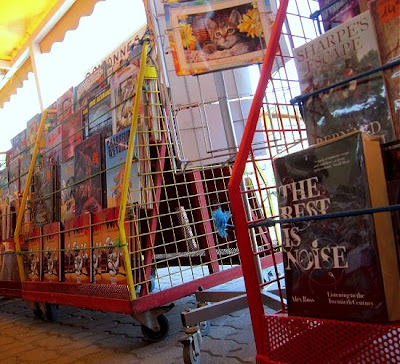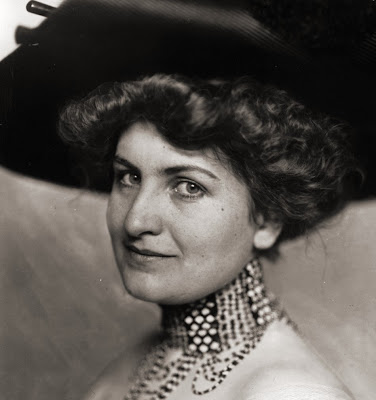Leonard Cohen’s showdown with Herbert von Karajan

[Leonard Cohen's 1975 European] tour unfolded largely without incident, apart from… the showdown between Marty Machat and Herbert von Karajan in Berlin when the famed conductor , still rehearsing the Berlin Philharmonic, refused to let them in to do their soundcheck. ‘Marty’s ego and von Karajan’s ego – that was quite something,’ Lissauer recalls. That vignette appears in the immensely enjoyable I’m Your Man: the Life of Leonard Cohen by Sylvie Simmons. John Lissauer produced two of the singer/song-writer’s albums, and Marty Machat was a music industry lawyer who managed both Leonard Cohen and Phil Spector. When Cohen had a crisis of confidence prior to appearing at the 1967 Newport Folk Festival and pleaded “I can’t sing”, Machat responded “None of you guys can sing - when I want to hear singers, I go to the Metropolitan Opera”. More on Karajan's ego here . Also on Facebook and Twitter . I’m Your Man was borrowed from Norwich library. Photo montage is my work. An...






